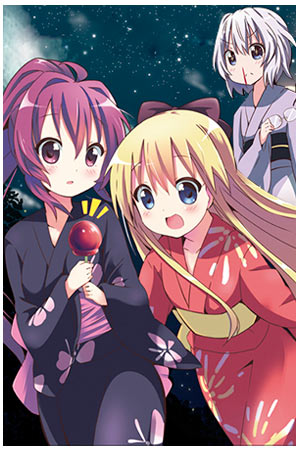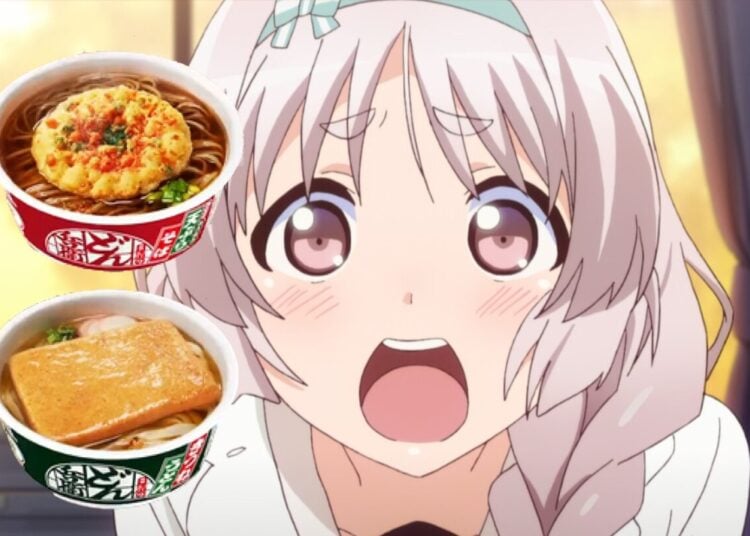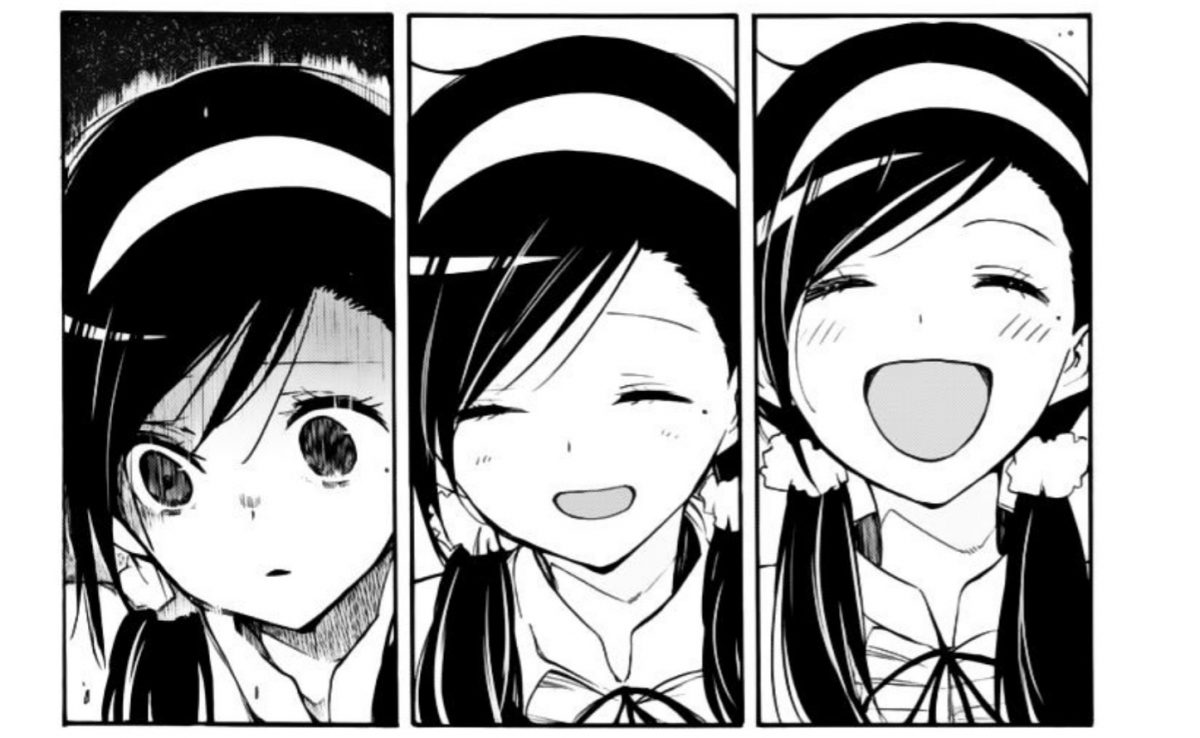Google has changed all our lives and added several points to our collective IQs, for which I’m very grateful. If you type part of a question into Google, it will pop up with some suggested searches based on what other people have searched for, which sometimes leads to unexpected results like, “Why is my quiche watery?” or “Is sushi an aphrodisiac?” I thought I’d pick ten questions about Japan I randomly found on Google and answer them, in case anyone finds this useful.
Why do Japanese wear face masks?
Many Japanese wear what appear to us to be surgical masks when in public, if they’re sick (in part as a courtesy to others) or if influenza is going around (to protect themselves). These masks inspired the founder of Aflac to open a branch in Japan, which was one of the most successful business decisions of the 20th century.
Why do Japanese girls have bad teeth?
It’s not uncommon for Japanese to have crooked teeth, in part because orthodontic standards are somewhat behind the U.S. and Europe, and also because many Japanese believe crooked teeth to be cute. They’re called yaeba and are often found in moe anime characters, represented as a single fang.
Why do Japanese people live longer?
Many reasons, including differences in diet (more fish, less meat) and smaller portions, preferring unsweetened Japanese tea to soft drinks, and having a society with strong social relationships which provide ikigai (a reason to go on living) late in life.
Why does Japan drive on the left?
Along with the U.K., Ireland, Australia, New Zealand and Singapore, Japan drives on the left side of the road. The historical reason appears to be that Japan hired a British engineer in 1870 to plan its rail system, which began a tradition of Japan following the United Kingdom in all things transportation-related.
Do Japanese women eat sushi when pregnant?
The J-List staff tells me they often crave it, but most expectant mothers avoid fish for fear of ingesting too much mercury.
Do Japanese say I love you?
Of course. There are two ways to say this, suki desu (lit. “I like you” but with a strong romantic implication) and ai shiteru (“I love you,” usually considered too strong for casual use). Japanese men don’t like to talk like this to their girlfriends or wives often because “it’s better to say it infrequently and appear stoic and manly” (according to my sources).
Why does the Japanese flag look like that?
Japan’s name means “the origin of the sun” (since it is, as seen from China), and the flag, called hinomaru (“circle of the sun”) represents that. Japanese women draw little Japanese flags on their calendars every 28 days, which I find extremely cute.
Why do Japanese get nosebleeds?
The gag of a character getting a nosebleed when he or she gets excited dates back to a 1970 manga published in Shonen Jump called Yasuji’s Life Lessons for Messed Up Kids. It’s basically a meme that’s been around for four decades and counting.
Why do Japanese names end in vowels?
All Japanese words do, unless they end with the consonant “n.” Japanese is a syllable-based language in which you can express ka, ki, ku, ke or ko but never a “k” by itself, and all syllables consist of a consonant and a vowel, or the “n” sound.
Why do Japanese women cover their mouths when they laugh?
It’s considered rude and unfeminine for women to show their teeth, and they’ll generally cover their mouth while laughing. Also, Japanese of both sexes cover their teeth with one hand while using a toothpick — and I do it too, having been here so long.

Some questions about Japan answered, if you are curious.














